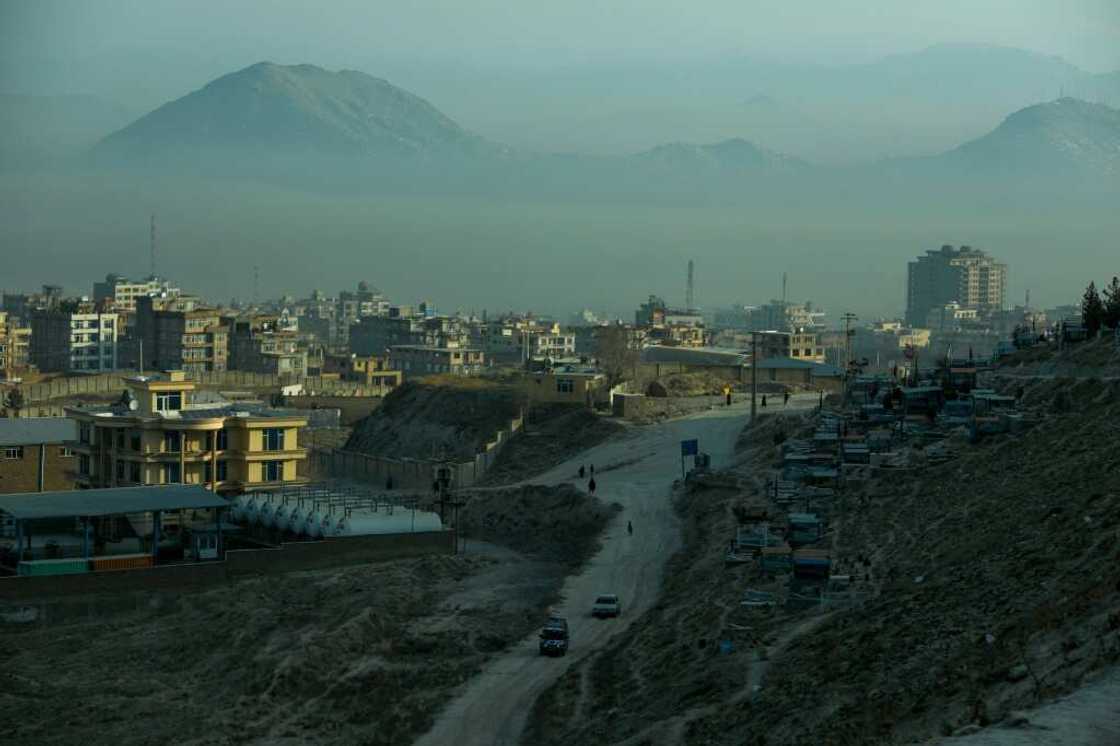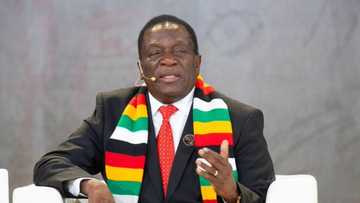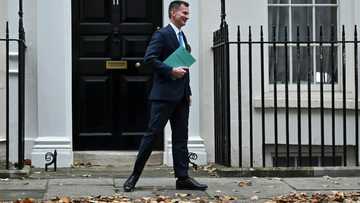World Bank approves $300 mn in new funding for Afghanistan

Source: AFP
PAY ATTENTION: The 2024 Business Leaders Awards Present Entrepreneurs that Change Nigeria for the Better. Check out their Stories!
The World Bank's executive board has approved $300 million in new funds for Afghanistan, which it will deploy outside the control of the Taliban authorities, the development lender confirmed Thursday.
The loan forms the key part of the Bank's new engagement with Afghanistan, dubbed "Approach 3.0," which will also revive a regional infrastructure project that was paused after the Taliban took control of the South Asian country in August 2021.
The $300 million grant will be paid out over the next 15 months through the World Bank's International Development Association (IDA), its lending arm for some of the world's poorest countries, a spokesperson told AFP.
However, as with other World Bank funding in the country, the new funding will be deployed "through grants to United Nations agencies and other public international organizations," the Bank said in a statement announcing the board decision.
"These funds will continue supporting basic services nationwide, particularly those benefiting women, and will be outside the control of the Interim Taliban Administration (ITA)," it added.
Since returning to power in August 2021, the Taliban authorities have imposed a strict interpretation of Islam, with women bearing the brunt of laws the United Nations has labeled "gender apartheid."
In response, many governments, international organizations and aid agencies have either cut off or severely scaled back their funding for Afghanistan -- with disastrous economic consequences.
The World Bank estimates that Afghanistan’s economy contracted by more than 20 percent in 2021, and by more than six percent in 2022.
The World Food Programme, which provides 90 percent of the food aid to the country, told AFP recently that it expects almost 16 million Afghans will need assistance this winter, with 2.8 million at an emergency level of food insecurity.
The World Bank said Approach 3.0 would continue implementing what it calls its "principled approach" to engagement with the Taliban authorities, which "puts women at the center of projects and ensures that project activities are implemented by and for women."

Read also
"$100=Z$1,000,000": African country with worst currency globally set to back money using gold
Resuming regional project
On Thursday, the World Bank also approved the resumption of a $1.2 billion clean energy project known as CASA-1000, which involves three countries nearby to Afghanistan: Tajikistan, Kyrgyzstan and Pakistan.
"Construction in the other three participating countries is nearly complete and these countries have requested that CASA-1000 activities in Afghanistan resume to avoid the risk of the project becoming a stranded asset," the Bank said.
As with the IDA funding, this project will be carried out in a way that ensures it does not involve the Taliban government's systems, it added.
The World Bank had more than 80 staff in Afghanistan before the Taliban took over, causing them to leave, according to an individual with knowledge of the matter.
Some of them returned to work in Kabul more than a year ago, the person added.
PAY ATTENTION: Stay Informed and follow us on Google News!
Source: AFP



